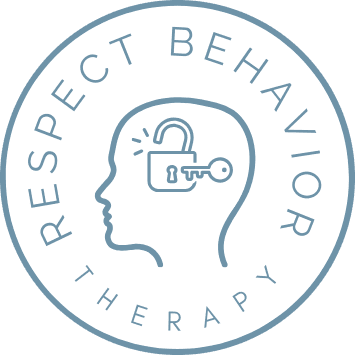Unveiling the Marvels of Early Child Development: Milestones Shaping the First Decade

Introduction
The journey of early child development is a remarkable process that shapes the foundation of a child's life. From the moment a baby is born, they embark on a remarkable journey of growth, discovery, and learning. During these crucial years, the brain develops rapidly, laying the groundwork for future cognitive, emotional, and social abilities. In this blog post, we will explore the key milestones that children typically achieve from birth up to the age of 10.
Infancy (0-2 years)
The first two years of life are characterized by extraordinary growth and development. Infants go through an incredible transformation as they learn to interact with their environment, bond with caregivers, and develop basic motor skills.
- Motor Development: During this period, infants gradually develop motor skills, progressing from basic reflexes like sucking and grasping to rolling over, sitting up, crawling, and eventually walking.
- Language Development: Babies start cooing and making sounds in their first few months. Around 6 months, they begin to babble and imitate sounds. By their first birthday, they may utter their first words.
- Social and Emotional Development: Infants begin forming attachments to caregivers, showing a preference for familiar faces. They also display a range of emotions, from joy and excitement to frustration and distress.
Early Childhood (3-5 years)
The preschool years mark a time of significant growth in a child's ability to express themselves, understand others, and interact with peers.
- Cognitive Development: Curiosity drives cognitive growth. Children ask endless questions and explore their world with zeal. Their ability to understand concepts like numbers, colors, and shapes improves.
- Language Development: Vocabulary expands rapidly, and children start constructing more complex sentences. They engage in imaginative play, often creating elaborate scenarios and stories.
- Social and Emotional Development: Friendships become more important, and children learn to share, take turns, and resolve conflicts. They gain a better grasp of their emotions and develop empathy.
Middle Childhood (6-10 years) During this period, children build on the foundation they've laid and refine their skills in various domains.
- Cognitive Development: Critical thinking and problem-solving abilities improve. Reading skills advance, and children begin to explore more complex academic subjects.
- Language Development: Communication becomes more sophisticated, with a greater focus on reading comprehension and written expression.
- Social and Emotional Development: Friendships become more intricate, and children form close bonds with peers. They develop a stronger sense of self and start to understand social norms and rules.
Conclusion
Early child development is a captivating journey filled with numerous milestones that shape a child's growth trajectory. From the first tentative steps to complex cognitive leaps, each stage brings forth new skills and abilities. As caregivers, parents, and educators, understanding these milestones can help us provide the right environment and support to ensure children thrive.
It's important to remember that while these milestones provide general guidelines, every child is unique. Development occurs at an individual pace, and some children may reach certain milestones earlier or later than others. Providing a nurturing and stimulating environment that encourages exploration, learning, and emotional support is key to helping children unlock their full potential during these formative years. So, let us celebrate the marvels of early child development and embrace the privilege of nurturing the future generation.
